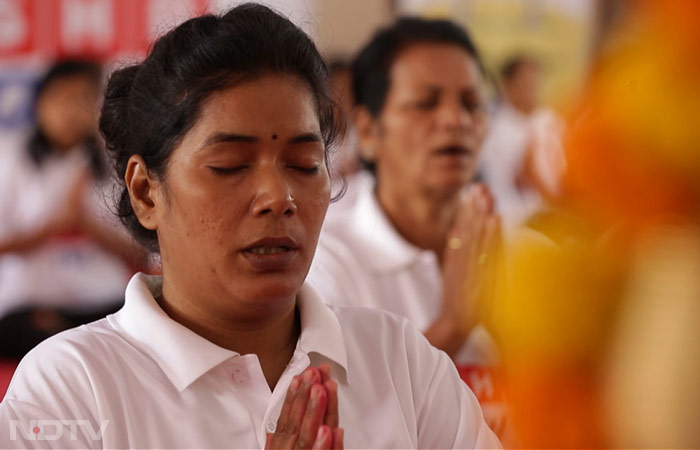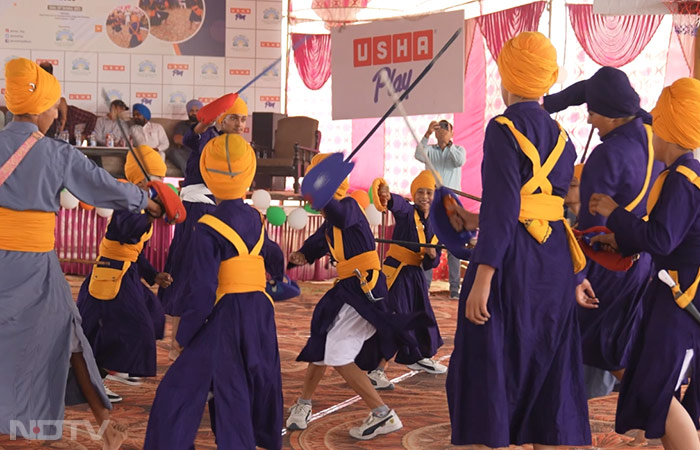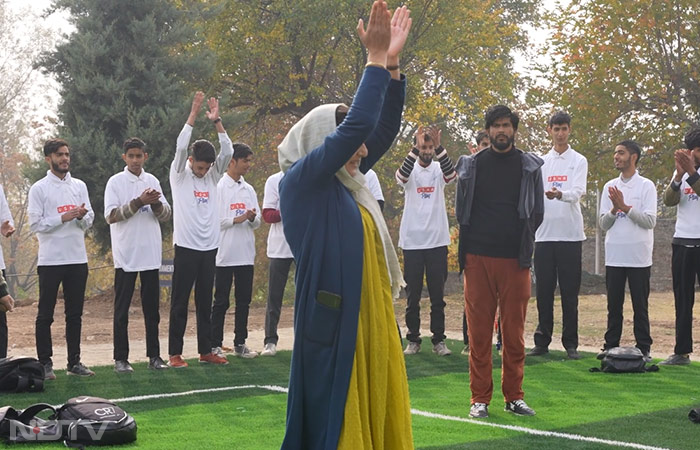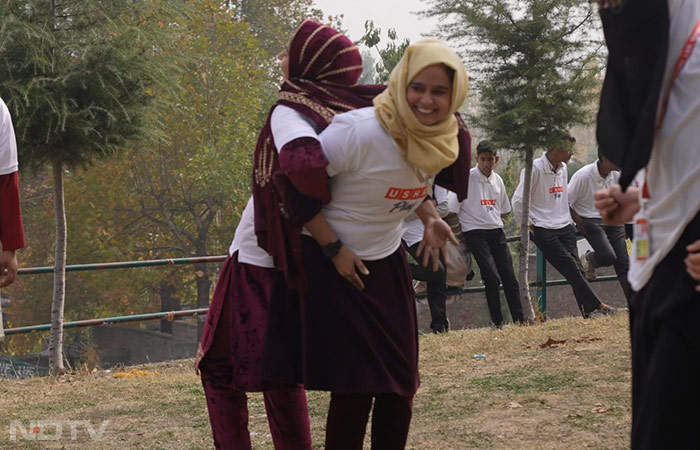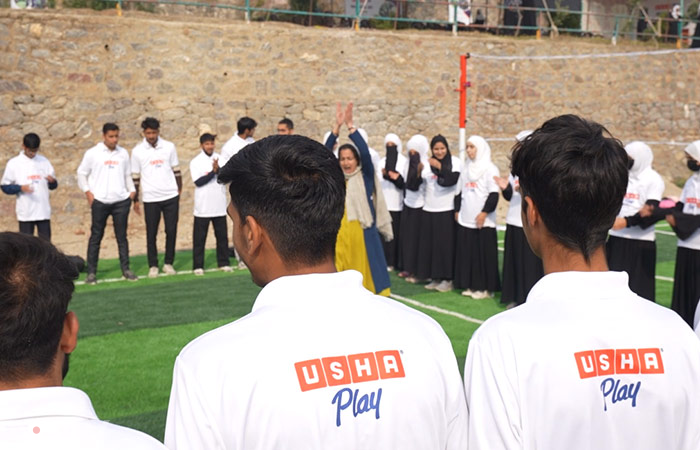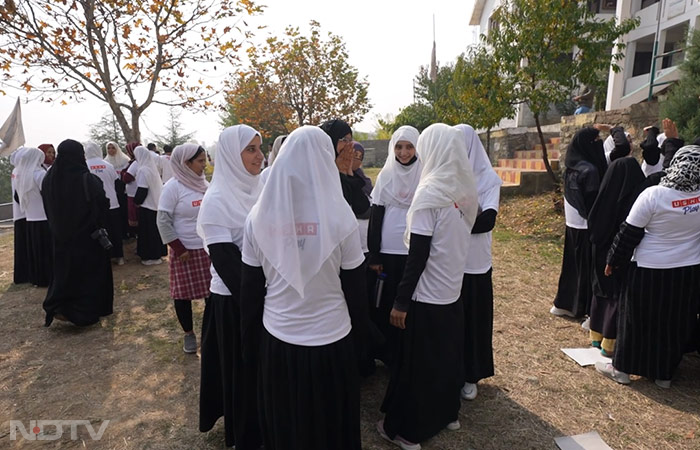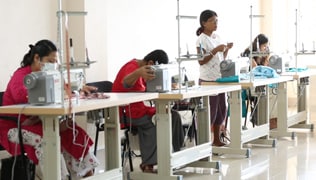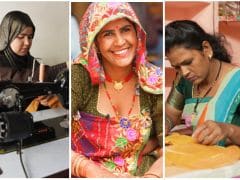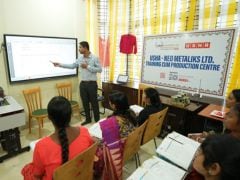From 'Gatka' To 'Turai Kar', Usha Champions Revival Of Traditional Sports Across India
From reintroducing ancient martial art forms like "Gatka" in Haryana to organising community games such as "Turai Kar" in Kashmir, USHA is not only promoting physical well-being but also reconnecting communities across India with their forgotten traditional sports. Take a look!
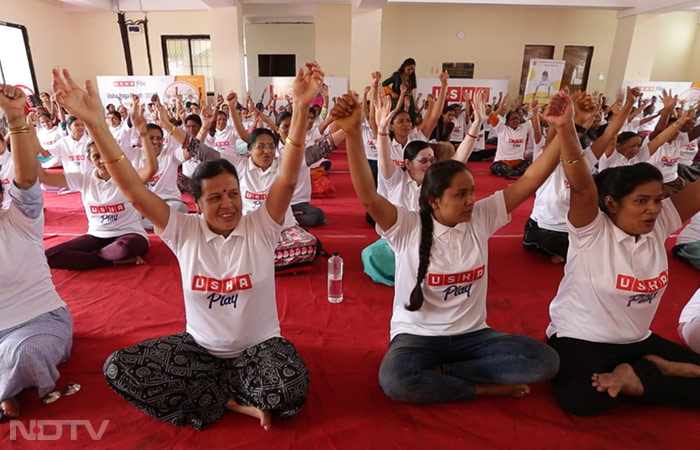
India boasts a rich tapestry of traditional sports, yet we have lost connection with our vibrant sporting heritage, with many sports teetering on the verge of dying. To revive these forgotten sports activities, Usha has taken the initiative to promote a diverse array of traditional sports across India, with the help of women from Silai Schools.
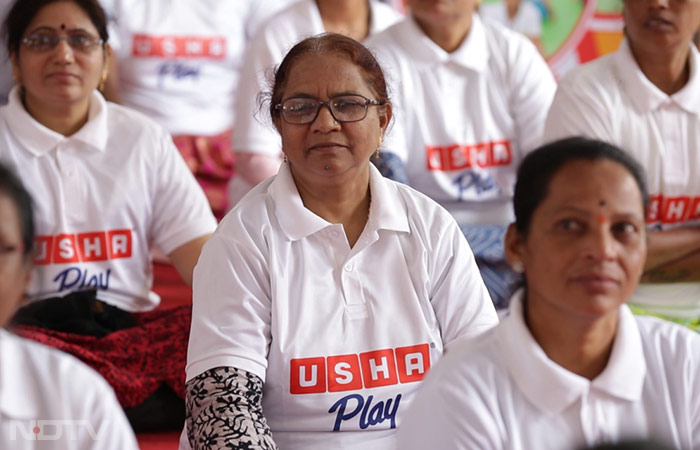
The women associated with the Usha Silai Schools have taken a lead role in organising, promoting and participating in sports and community events. In a concerted effort to foster the holistic well-being of the community, these women recently organised a Yoga camp for the women residing in Saswad in Pune, Maharashtra.
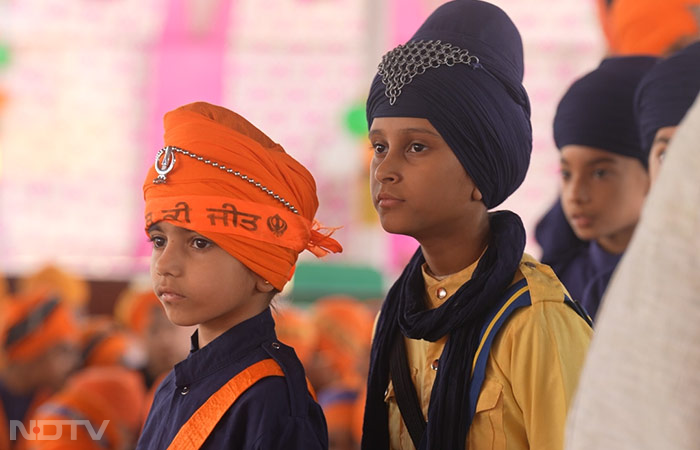
Gatka is a combat sport involving stick fighting using wooden sticks called "Soti," which was originally practiced by Sikh warriors during the martial era of the Sikh Gurus. "Gatka" is now practiced by "Gatkabaaz" in which the opponent counters the attacker's moves, creating a dynamic interplay of offensive and defensive techniques accompanied by footwork patterns.
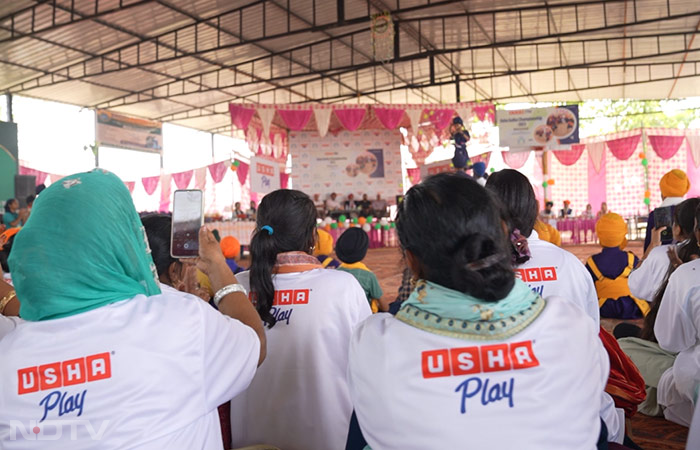
This forgotten sport is being revived through the Usha Gatka Championship organised in Haryana. The extraordinary women of the USHA Silai School are not mere onlookers; they actively participate in these rural sports events. Their determination and skill defy stereotypes and demonstrate that women are equally adept at achieving excellence, both within and beyond the realm of sewing machines. This underscores their ability to excel beyond their roles in sewing.
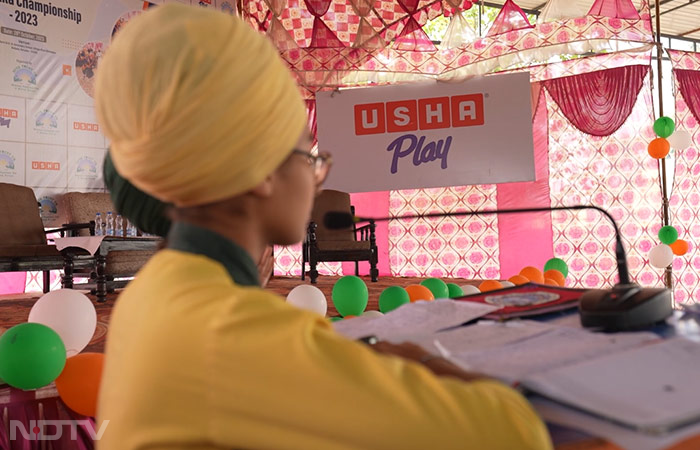
Traditional sports, such as Gatka, serve as gateways into cultural ceremonies, and time-honored traditions. This vibrant playground merges heritage with competition, empowering children to embrace their ancestral roots as they engage in sports activities. Thanks to the remarkable women of Usha Silai Schools, these traditional sports are reclaiming their significance in society, emphasising the importance of preserving cultural heritage through physical activities.
Adopt a Silai School
About the Initiative
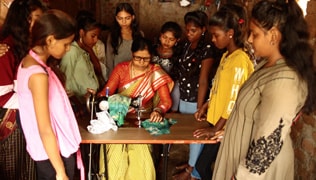
Kushalta Ke Kadam, an initiative by USHA Silai School and NDTV has entered its eighth season. The aim is to empower more women across rural India by teaching them sewing skills and helping them open new doors of opportunities for themselves. The initiative encourages rural women to become financially independent and entrepreneurs by taking up sewing and training others in their respective communities.
Since 2011, the USHA Silai School initiative has trained more than 12 lakh rural women through over 33,000 Silai schools, spanning over 20,751 villages across India.
The women earn Rs. 4,000 – 5,000 per month on an average, with the highest recorded monthly earning being Rs. 84,000 in a month. This earning works as a catalyst towards building their self-confidence, reducing gender inequities, and raising their stature within their families and in society at large.
Latest Stories
- Team NDTV | Monday February 16, 2026
Odisha's Suchismita Sahu, Rajasthan's Preeti Prajapat, Manipur's Akhirun—Usha Silai School's Kushalta Ke Kadam celebrates these awardees, from homemakers to master trainers earning accolades
- Team NDTV | Thursday February 12, 2026
From Ladakh peaks to Assam fringes, Usha Silai School trains tribal women in Turtuk, Kargil & Dakhinkuchi—crafting livelihoods with armed forces, NHPC & NGOs. Stitching national resilience
- Team NDTV | Thursday January 29, 2026
From West Bengal's transgender tailors to Telangana's tribal seamstresses and Meghalaya's embroidery revivalists, Usha Silai School's Kushalta Ke Kadam partners with NIRDPR and state governments
- Team NDTV | Tuesday February 03, 2026
In Odisha's mining heartlands, Mahanadi Coalfields Limited teams with Usha Silai School's Kushalta Ke Kadam and Gram Utthan, empowering tribal women turning them into entrepreneurs
- Written by Team NDTV | Friday January 02, 2026
Usha Silai Schools give second chances to women like Srinagar's Marifat, who rebuilt after widowhood; Madhya Pradesh's Jyoti, escaping abuse to run her own center; and Rajasthan's Vimla, rising from child marriage to tailor and teacher. Through nine-day training, they gain sewing skills, confidence, and income proving one stitch mends lives and inspires communities.
- Team NDTV | Friday December 26, 2025
A new wave of corporate-community partnerships is equipping rural women with skills, income and confidence

